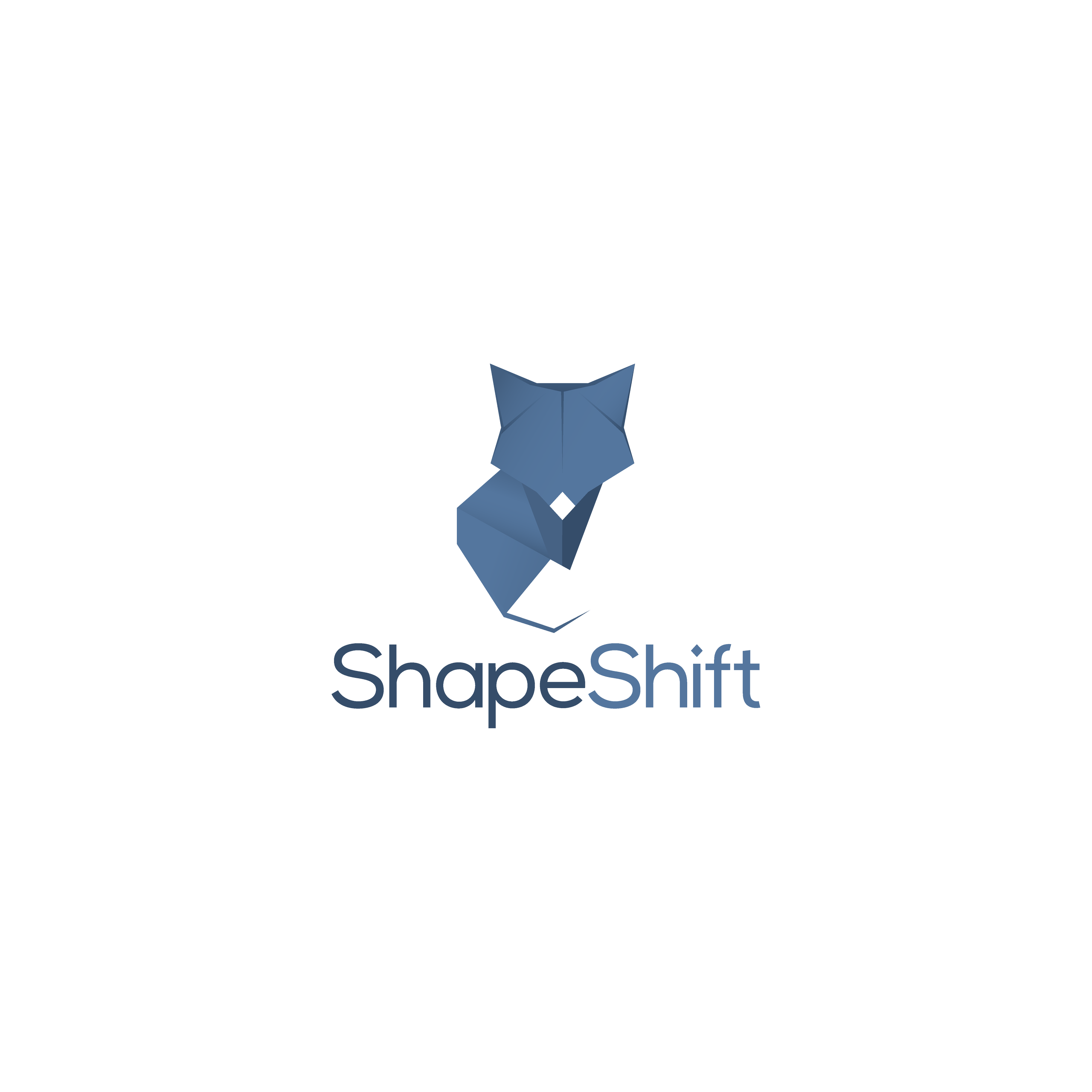ShapeShift aims to reinvent Swiss banking privacy

If cryptoassets are ever to fill the gaping hole left by the now-defunct Swiss banking secrecy system, then look no further than the ultra-discreet exchange platform ShapeShift, which has quietly operated out of Zug’s Crypto Valley for the last three years.
ShapeShift offers services to anyone with a hankering to convert their bitcoin into ether, litecoin or a host of other cryptotokens. No annoying ‘Know Your Customer’ (KYC) paperwork. No awkward questions asked.
In that respect ShapeShift resembles an old-school Swiss private bank. But it differs by only accepting small transactions and never touching fiat moneyExternal link or securities, thus flying under the radar of heavy-duty regulation.
It also refuses to hold customer assets on deposit – one type of cryptoasset is simply traded for another, usually in a matter of minutes. The company says this cuts out the risk of clients losing their money if the exchange gets hacked – as has happened elsewhere on several infamous occasions, such as at Mt Gox or the more recent Bithumb attack.
It also allows ShapeShift to operate without a banking license as a self-regulated organisation (SRO) in Switzerland. It employs around half a dozen administrative staff in Zug out of a global workforce of over 100.
The company’s Chief Operating Officer and co-founder, Jon, offers another glimpse into ShapeShift’s culture of discretion. Unlike Erik Voorhees, his very public and sometimes outspoken fellow co-founder (and CEO), Jon is simply Jon. No family name given.
Regulatory tea leaves
Jon appreciates Switzerland’s bottom-up federal political system because it devolves power to individual citizens and grants semi-autonomy to cantons. This was part of the reason behind bringing ShapeShift to Zug in 2015. Another reason was to escape the more stringent United States regulators.

Jon also likes the approach adopted by the Swiss Financial Market Supervisory Authority (FINMA) towards the regulation of cryptoassets. “Regulation is generally evolving in the right direction here,” he told swissinfo.ch on the eve of a Crypto Valley Association blockchain conferenceExternal link in Zug. “FINMA is good at engaging with market participants and providing clarity.”
“I’ve never seen anything like that in the US. People are left to read the regulatory tea leaves and figure out for themselves what it all means.”
Not that every interaction with the Swiss regulator is plain sailing. “It’s an open question whether we completely agree with FINMA on KYC,” says Jon. ShapeShift has been spared any serious pressure about its laissez-faire approach to identifying customers because it avoids contact with Swiss francs or any other fiat currency. “KYC laws deal with fiat,” says Jon. “Our business is no different to opening a retail store. You don’t have to conduct KYC on customers who buy lamps or furniture.”
Despite ShapeShift’s continuing dance with FINMA over “moving target areas” of regulation, Jon retains his optimism. “Even if you disagree with them, FINMA is willing to have a dialogue to see where you are coming from,” he said.
ICO boost
Which is just as well, because ShapeShift has seen business boom in the last 18 months, led by the ‘initial coin offering’ (ICO) crowdfunding craze that has raised billions of francs for token issuing blockchain start-ups. At the start of 2017, ShapeShift saw monthly crypto trading volumes worth around $15 million in ‘real’ money. By December, this had ballooned to $1 billion.
Part of this can be put down to the astronomical growth in the value of bitcoin and other cryptotokens last year. But it’s not just that bitcoin was suddenly worth more in dollar terms. Many more tokens – or ‘altcoins’ – came into existence, encouraging people to switch from one to another as they invested in start-ups.
ShapeShift has also branched out into providing market data for the crypto sector and produces hard wallets – devices for the offline storage of the precious digital keys that unlock cryptoasset accounts. The company is also developing a crypto portfolio management system based on smart contracts.
This is because it believes not only that cryptocurrencies, like bitcoin, will one day compete with fiat money but that all sorts of valuable data will be transformed into digital tokens, completely redefining the global economy. Jon likens this process to the way e-commerce changed the way people buy books, or how the internet revolutionised the consumption of media.
This view is in marked contrast to the Bank for International Settlements (BIS) that this week condemned cryptocurrencies to the dustbin of history for having too many flaws. Among them are an unsustainably high energy consumption, an unwieldy system of currency minting and transactions, plus the fragility of the faith people must place in cryptocurrencies to give them any value at all.
“They are essentially commenting on the state of things five years ago,” said Jon. “It feels like they have done no research on the subject at all. It is anachronistic thinking to try to apply the old rules to the new world.”
The CVA blockchain conference runs from June 20-22 in Zug, Switzerland. It aims to showcase blockchain research from Switzerland and abroad.
It has been endorsed by the Institute of Electrical and Electronics Engineers (IEEE)External link, whose seal of approval is a gold standard in the research industry.
It brings together some of the leading lights in blockchain research from IBM, Cisco, the University of California, Berkeley, Edinburgh’s Napier University, Imperial College, London, and Cornell University of New York.
The conference has also invited researchers and academics to submit papers on their blockchain projects to be presented during the event. swissinfo.ch is an official media partner of the event.

In compliance with the JTI standards
More: SWI swissinfo.ch certified by the Journalism Trust Initiative




You can find an overview of ongoing debates with our journalists here. Please join us!
If you want to start a conversation about a topic raised in this article or want to report factual errors, email us at english@swissinfo.ch.